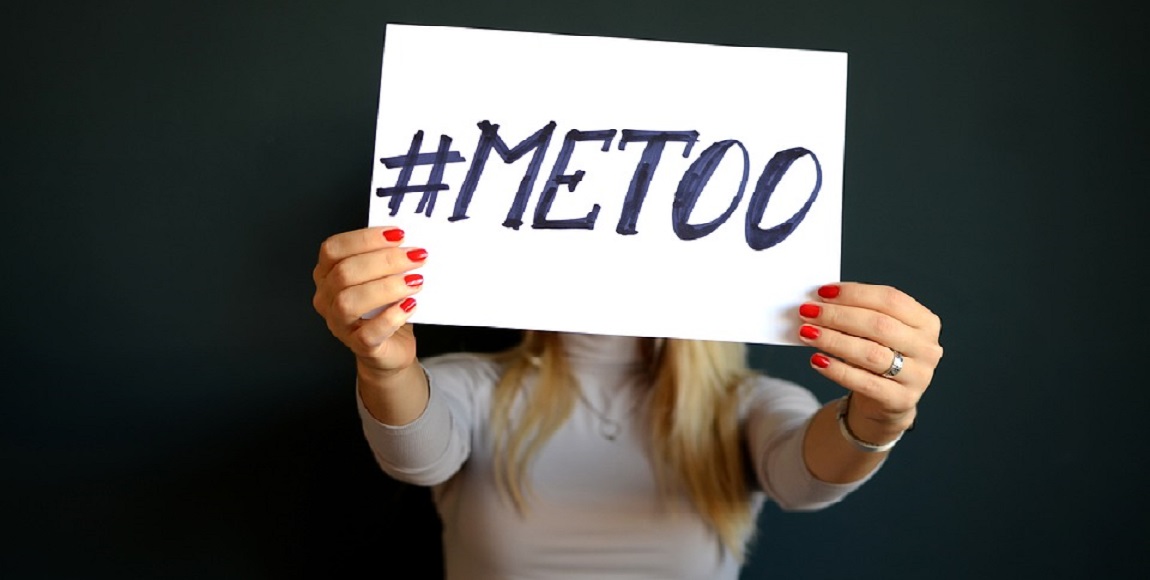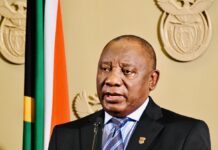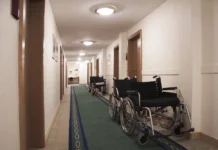The #MeToo movement began on our timelines – then became tangible as scores of high-profile American men are being ousted and fired for their trash behaviour. South Africa has its own list of high-profile men who are perpetrators of sexual misconduct. But they continue to escape their sexist behaviour unscathed.
The hashtag #MeToo continues to send shockwaves across the USA as more and more people are coming foward with their stories of sexual abuse. It started in Hollywood when film producer Harvey Weinstein was accused by a number of actresses of rape and sexual misconduct in October; actor Kevin Spacey was also accused of sexually assaulting male actors. The movement spread to the newsroom with the likes of news anchor Matt Lauer and Fox News host Bill O’Reilly and even politics with Republican senate candidate Roy Moore being exposed.
Considerable action has been taken against many of the accused. Weinstein was fired from his own company and expelled from the Academy of Motion Picture Arts and Sciences. Spacey was axed by Netflix, and his hit TV show House of Cards was cancelled. Lauer and O’Reilly have both been fired, but the jury is still out on Moore. South Africa, however, does not seem to know how to call men in power out. This is necessary, especially considering our sexual violence statistics.
Statistics South Africa, along with the South African Medical Research Council released a study earlier this year which found that 21% of women over the age of 18 reported that they’d experienced violence at the hands of a partner. That’s one in five women. Bear in mind that many cases go unreported. South Africa’s femicide rate is five times higher than the global average, and at least half of these women die at the hands of intimate partners. Worse, women in the poorest households are more likely to experience physical violence compared to the top earning homes.
Still, only between 8-9% of sexual offences reported to police in South Africa actually result in a conviction according to a press conference on the Sexual Offences Act held by deputy justice minister John Jeffery earlier this month.
With statistics as shocking as these, surely we need to take sexual violence a little more seriously?
These cases are underreported and women don’t think people will believe them. The #MeToo movement is a good opportunity to prioritise the fight against gender-based violence and can breathe life into this year’s #MenAreTrash movement. If we let men in high places get away with sexual violence, we reproduce a system of rape culture. We can bang on about #16DaysOfActivism all we like but if we can’t address the trashy behaviour of our leaders then these campaigns are just window dressing.
When former MP and singer Jennifer Ferguson came out and accused African National Congress (ANC) politician and soccer boss Danny Jordaan of rape, there was a spark of a #MeToo movement. But that quickly fizzled out. Ferguson said Jordaan raped her in a hotel in Port Elizabeth 24 years ago. The ruling party was silent on this accusation, so too was its women’s league.
Just last week, ANC MP Mervyn Dirks insulted and allegedly threatened to assault his female colleague Priscilla Mantashe at a parliamentary sitting. In a scuffle at a National Assembly sitting on November 30, Mantashe said Dirks insulted her and made offensive comments about her brother, ANC secretary-general Gwede Mantashe, and their late mother. His victimisation of her reduced her to tears. The presiding officer did not see the incident and said he could not act. Dirks was eventually booted from the chamber after showing the middle finger to Democratic Alliance (DA) members.
In a statement, ANC chief whip Jackson Mthembu said, “The behaviour of ANC MP Mervyn Dirks was despicable and not in keeping with the image of Parliament and the organisation he represents, the African National Congress.” Dirks might face disciplinary action; Mthembu wrote to the Parliamentary Speaker asking for a probe into the incident. Then again, he might not.
Dirks hasn’t been held accountable for his previous trashy behaviour – he infamously called DA spokesperson Phumzile van Damme a “straat meid” which is a racially derogatory term for a sex worker in February this year.
This is Mervyn Dirks. He called me a “straatmeidâ€, zap-signed members of the opposition & today assaulted, insulted & threatened his female colleagues. Real scum. pic.twitter.com/FFObJNij0i
— Phumzile Van Damme (@zilevandamme) 30 November 2017
ANC MP Mervyn Dirks has been thrown out of the House for raising the middle finger and NOT for the assault or alleged assault of a woman. #Parliament
— Scapegoat (@AndiMakinana) 30 November 2017
But Parliament is a sexist circus. ANC members made cat noises as the Congress of the People MP Deidre Carter spoke earlier this year, a “tradition” whose origins are unclear but has continued for a number of years. Former DA leader Lindiwe Mazibuko who served as parliamentary leader was numerously attacked about her weight, style and hair. She was called Helen Zille’s “tea girl” by EFF leader Julius Malema Mazibuko’s attacks were even featured in a list by The Guardian of top 10 sexist moments in politics internationally.
When Julius called Lindiwe Mazibuko a ‘political non starter’ and a ‘tea girl’ to the ‘madam’ (Zille)
— Wings of Africa âœˆï¸ (@AubreyEsco) 19 June 2015
Malema called Minister of Human Settlements Lindiwe Sisulu a “Barbie doll” in Parliament in 2014. That year, Malema also echoed former Zimbabwean President Robert Mugabe’s insult to Small Business Minister Lindiwe Zulu as “little street walker” and referred to her as a “street maid”. EFF spokesperson Mbuyiseni Ndlozi has often termed female ANC MPs “mistresses” in Parliament.
Lindiwe Zulu is Minister of Small Business Dev. In 2013,President Mugabe described her a “stupid idiotic woman” & a “little street woman
— SAComedyFan1 (@SandytSandy) 28 April 2017
We need more hashtags and awareness, but more importantly we need action and accountability. If we continue to allow sexism on the highest platforms in South Africa, we shouldn’t be shocked about our gender-based violence statistics. In fact, why bother with initiatives like 16 Days of Activism anyway?









